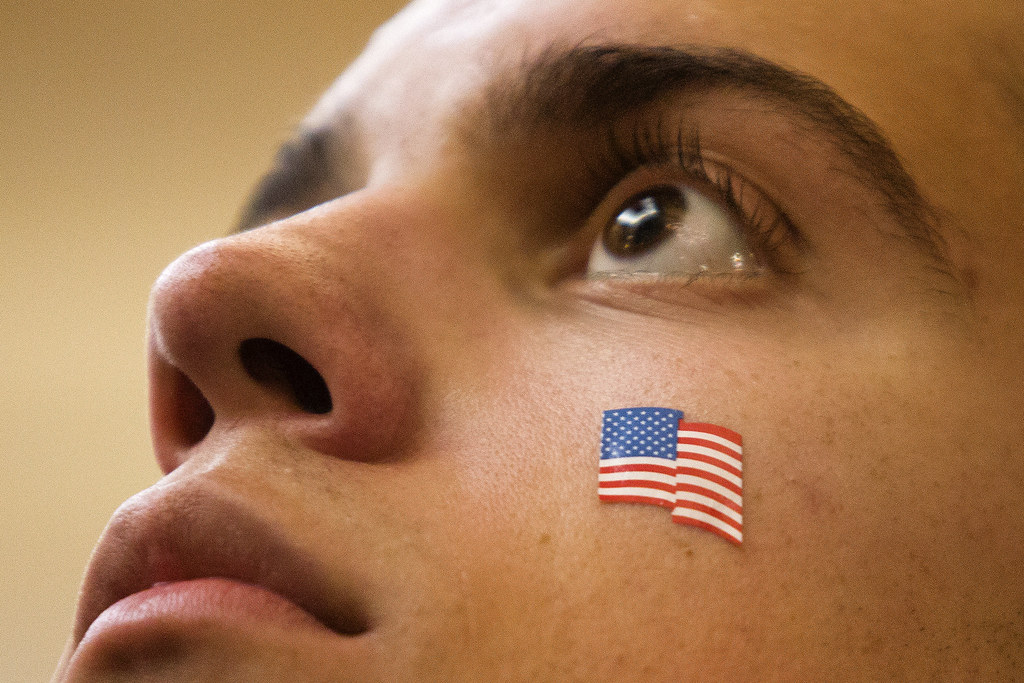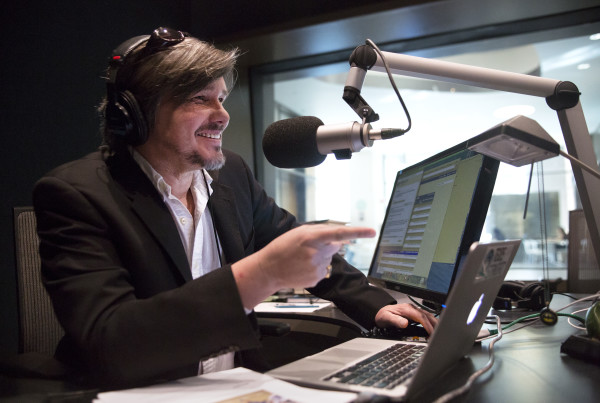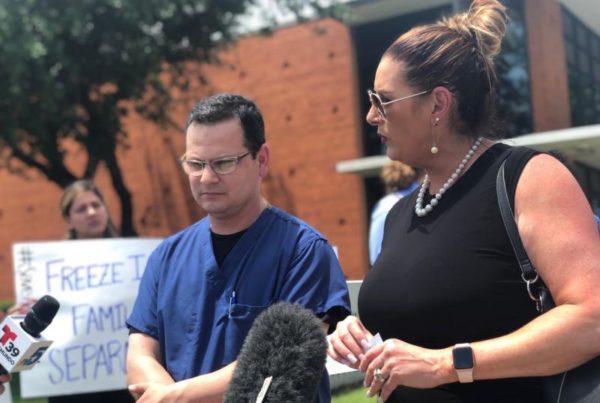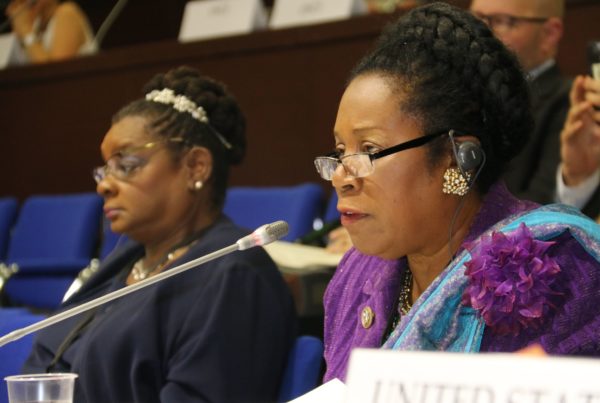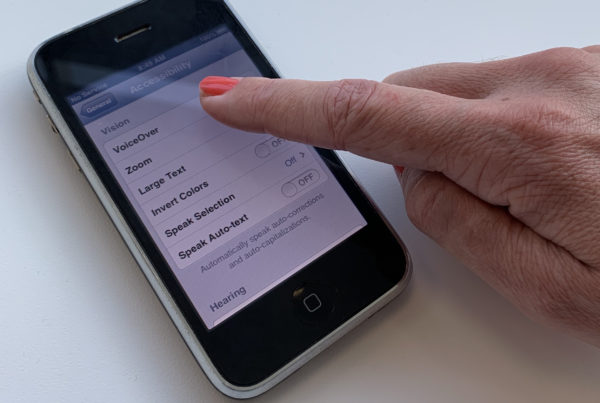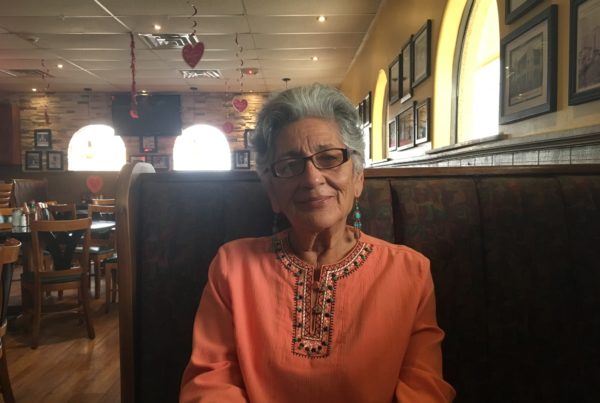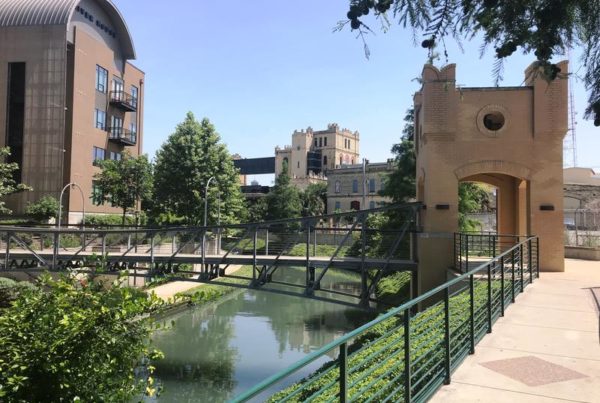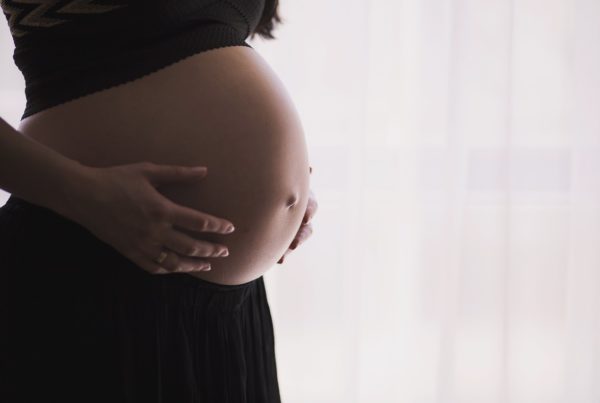On Tuesday, President Donald Trump launched his reelection campaign, confirming that the 2020 election season is officially underway. It could be one of the most consequential in recent memory – one that could significantly alter the political landscape in Texas. But Texans have mixed feelings about the race, and about other hot-button political issues – something The Texas Tribune and the University of Texas discovered in a recent joint poll.
Aman Batheja, political editor at The Texas Tribune, and Jim Henson, director of the Texas Politics Project at the University of Texas at Austin, parsed the data from the poll. Henson says pollsters asked Texans a “battery” of questions to try to better understand the nuances of their beliefs and their confidence in the voting system.
“The headline is, ‘Texans are generally not very confident in the voting system in the state, but for very different reasons that fall across party lines,’” Henson says.
He says a majority of Democrats, for example, see the voting system as “inherently discriminatory.” On the other hand, a larger percentage of Republicans believe that non-citizens frequently vote in elections.
“You’ve got these different reads of what’s wrong with the system,” Henson says. “Everybody thinks it’s kind of broken and not right, but for different reasons.”
Batheja says this skepticism, on both sides, could dampen voters’ willingness to participate in an election.
Pollsters also asked Texans about their support of the president. Henson says voters’ are divided almost neatly in half when asked whether they would reelect Trump. In 2016, he won in Texas by 9 percentage points, which Batheja says reflected the rather close race between Trump and Hillary Clinton. But Batheja says the fact that half of Texans support Trump while the other half doesn’t could make it hard for him to win in 2020. But Trump could benefit from some voters’ unwillingness to vote for anyone who opposes him.
“[When] they hear whatever Republicans say whatever is wrong with that candidate, they may be more likely to either vote for Trump or stay home,” Batheja says.
As for the large field of Democratic presidential candidates, Henson says support generally falls along national trends, except that Beto O’Rourke, a Texas native, has more support here than elsewhere. Another Texas native, Julián Castro, is at the bottom of the pack with support from about 3% of people polled.
Henson says it’s still early in the race to tell which Democrats will come out ahead, but that Castro and O’Rourke have failed to make a strong case to donors, so far, that it’s worth investing in them as a way of securing votes in Texas. Next week’s first Democratic debates could also help clarify which candidates stand out among the rest.
Pollsters also asked voters about their stance on polarizing issues like abortion rights, but Henson says the question wasn’t illuminating. That’s because people’s opinions on abortion don’t seem to change much regardless of the political climate, he says.
“People have kind of made up their minds; they cluster in the middle, with a very small prohibitionist wing and a somewhat larger wing that’s more tolerant of a broad array of abortion rights,” Henson says.
However, he says the poll’s question about banning abortions after six weeks of pregnancy was more informative. Voters were closely divided along party lines: almost half of those polled favored a ban, but nearly 70% of those in favor were Republicans.
Overall, Batheja says he learned, from the poll, that Texas is not yet a politically “purple” state; it’s still right of center. But he says that could change if more Democrats turn out to vote.
Henson agrees that Texas can still be considered mostly conservative. There were some big Democratic wins in the state in the 2018 midterms, but he says it’s not yet clear whether 2018 was the peak of that trend or if that was the beginning of something new.
“Was that the high point, or is it the baseline that we’re gonna see continued increases in Democratic turnout and Democratic successes, and I don’t think we know yet,” Henson says.
Written by Caroline Covington.


